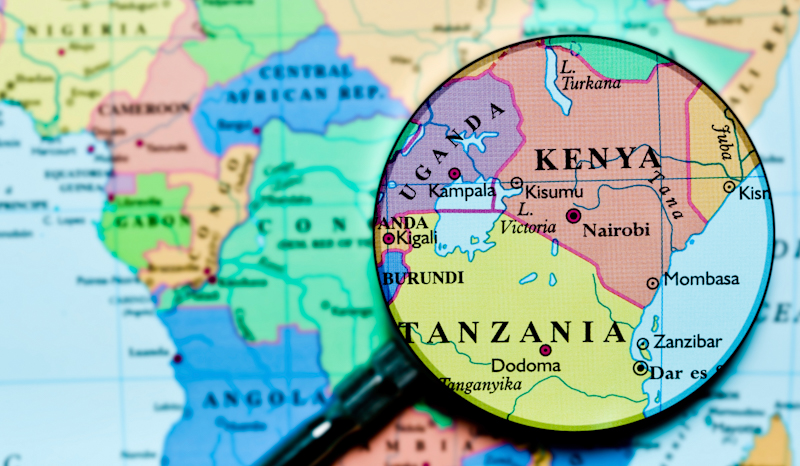“This measure is intended to safeguard our people’s livelihoods and ensure Tanzanians benefit from opportunities in critical sectors,” Minister Jafo said in the statement.
Restricted business activities include:
- Mobile money transfers
- Mobile phone and electronics repair
- Salon services (except those tied to tourism or hospitality)
- Environmental and premises cleaning
- Small-scale mining
- Tour guiding, museum and curio shop operations
- Radio and TV station ownership
- Crop purchasing and farming
- Postal and parcel delivery
- Gambling machines (outside casinos)
- Micro and small industry ownership
- Business and real estate broking
- Clearing and forwarding services

Regional Implications
The ban is expected to affect numerous EAC entrepreneurs with operations or aspirations in Tanzania’s SME space, prompting calls for bilateral dialogue under the East African Community (EAC) framework.
“We urge our regional partners to respect the sovereignty of this policy while remaining committed to EAC trade integration,” Jafo added.
Tanzanian citizens found aiding foreigners in banned sectors risk fines of TZS 5 million (~USD 1,950) and up to three months in prison.
Travel Insurance Mandate for Tourists
Separately, the Ministry of Finance confirmed a new policy requiring incoming foreign tourists (excluding EAC and SADC nationals) to purchase mandatory travel insurance priced at approximately KES 5,700 (USD 44) starting January 2026.
The policy, originally scheduled under Tanzania’s 2025/2026 fiscal agenda, was deferred to allow stakeholder consultation. Coverage will include medical care, repatriation, rescue, and lost luggage compensation for up to 92 days.
What the EAC Protocol Says About Doing Business
Under the EAC Common Market Protocol, Partner States commit to facilitating the free movement of goods, services, capital, and persons and to upholding the right of establishment and residence for citizens of other EAC countries.
The protocol guarantees:
- Right of Establishment: Citizens and registered businesses from any EAC Partner State may set up and operate enterprises in other member states.
- Right of Residence and Work: Self-employed individuals and workers can reside and work across borders, subject to national procedures.
- Non-discrimination: Partner States must treat EAC citizens equally in business-related matters, avoiding protectionist restrictions that undermine regional integration.
“The Common Market Protocol is a cornerstone of our regional integration. It empowers citizens to pursue economic opportunities across borders,” — EAC Secretariat.




